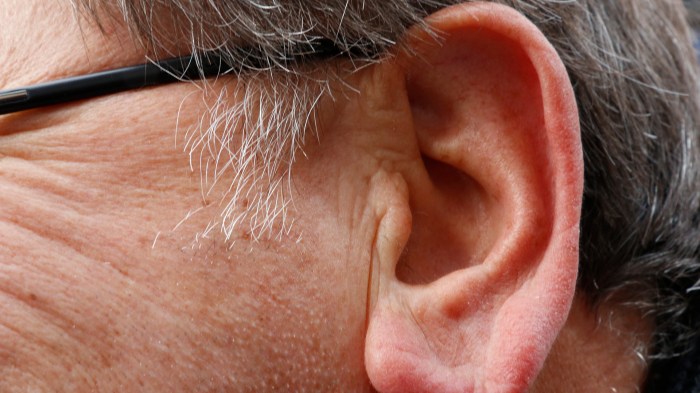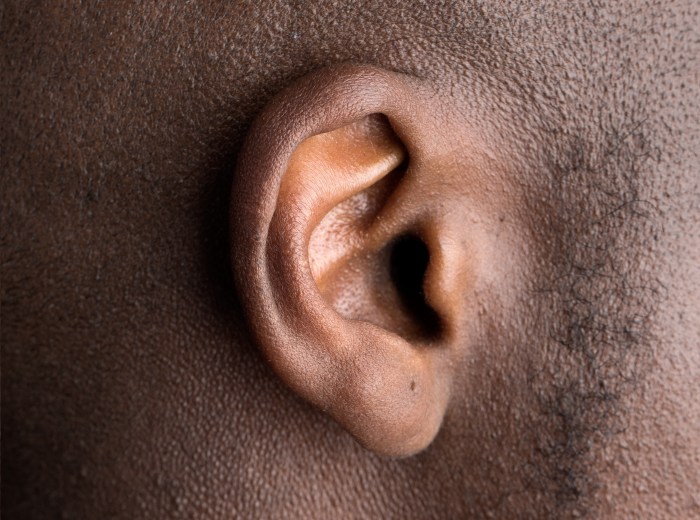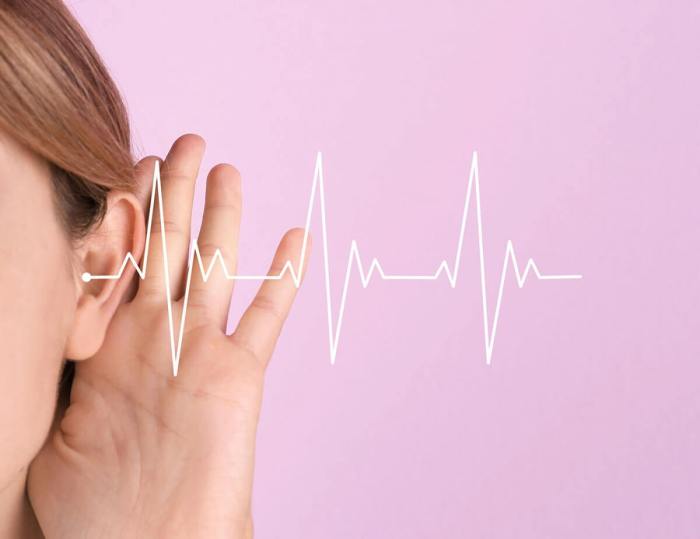Organs that affect balance crossword, a challenging puzzle that requires a deep understanding of the human body’s intricate systems responsible for maintaining equilibrium. From the vestibular system in our inner ears to the proprioceptive receptors in our muscles and joints, this article delves into the fascinating world of balance and the remarkable organs that orchestrate it.
Balance is a complex process that involves the harmonious interplay of multiple sensory systems, including the vestibular system, visual system, and musculoskeletal system. Each of these systems plays a vital role in detecting changes in head and body position, transmitting this information to the brain, and coordinating motor responses to maintain equilibrium.
Organs Involved in Balance

Balance is maintained through the coordinated function of multiple organs, including the inner ear, sensory receptors, central nervous system, musculoskeletal system, and vision.
Inner Ear Structures
The inner ear, specifically the vestibular system, plays a crucial role in balance. It consists of:
- Semicircular canals:Detect rotational movements of the head.
- Otolith organs:Detect linear accelerations and gravity.
Sensory Receptors
Specialized sensory receptors in the inner ear, called hair cells, detect changes in head and body position:
- Ampullae in semicircular canals:Respond to rotational movements.
- Maculae in otolith organs:Respond to linear accelerations and gravity.
Central Nervous System, Organs that affect balance crossword
The cerebellum and brainstem process sensory information from the inner ear and coordinate motor responses to maintain equilibrium:
- Cerebellum:Coordinates muscle activity for balance and smooth movements.
- Brainstem:Receives sensory information and sends signals to muscles to maintain balance.
FAQ Insights: Organs That Affect Balance Crossword
What are the most common organs involved in balance?
The vestibular system in the inner ear, the visual system, and the musculoskeletal system are the primary organs responsible for maintaining balance.
How does the vestibular system contribute to balance?
The vestibular system, located in the inner ear, detects changes in head and body movements and sends this information to the brain, which uses it to maintain equilibrium.
What is the role of proprioceptive receptors in balance?
Proprioceptive receptors in the muscles and joints provide feedback to the brain about body position and movement, contributing to balance maintenance.
How can vision affect balance?
Vision provides information about the body’s position in relation to the environment, which is crucial for maintaining balance, especially in low-light or unfamiliar situations.


